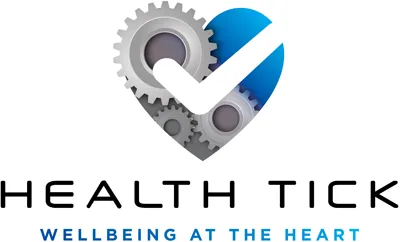October 2024
As the CEO of TDDA, it is critical to highlight the increasing safety risks surrounding the shift from CBD-dominant medicinal cannabis products to high-THC products in New Zealand and Australia. Originally, medicinal cannabis was intended to offer therapeutic relief without impairment, but the current market prioritises THC-heavy products that cause psychoactive effects. This poses immediate threats to workplace safety and public health.
Heightened Workplace Safety Concerns:
THC is a known cognitive impairer. Even in so-called medicinal forms, THC-heavy products can impact concentration, judgment, and motor skills, making them a serious hazard in safety-sensitive industries. Workers using high-THC products could present a direct risk not only to themselves but to their colleagues, as the risk of impaired decision-making and slower reaction times contribute to higher accident rates and reduced productivity. Businesses across all sectors—construction, transportation, manufacturing, or any field that requires precision and focus—face amplified risks from a potentially impaired workforce. The question we must ask is: How does a system supposedly designed to heal justify endangering workplace safety for the sake of easier cannabis access?
In both New Zealand and Australia, it has been reported in the media that there has been a rapid shift away from CBD products, which do not induce a high, toward THC-dominant cannabis under the guise of medicine. This development mirrors troubling international trends, where medicinal cannabis markets quickly devolved into quasi-legal recreational use. Clinics are not only prescribing cannabis but profiting from the sale of these products, raising ethical concerns about whether patient care is truly the priority.
This commercialisation, driven by private clinics and telehealth platforms, prioritises profit over public health. The Sydney Morning Herald documented one extreme case where a doctor prescribed THC-heavy products to 90 patients per day through quick, low-scrutiny consultations (12,000 patients in a 6 month period). This is not patient care—it’s a business model that trivialises safety and facilitates recreational use under the guise of medical treatment.
Back in 2016, in an attempt to highlight the risks associated with easing access to high THC products, TDDA conducted an undercover experiment in San Francisco, where medicinal cannabis was legal. With just a brief, superficial Zoom consultation, we were able to film our “patient” obtaining a cannabis card for $50, which authorised the purchase of large daily amounts of high-THC cannabis. We warned the New Zealand media at the time about the dangers of this kind of system, which blurred the lines between medical necessity and recreational indulgence. Unfortunately, it seems New Zealand and Australia are following this same flawed path. The unchecked commercialisation of THC under the guise of “medicine” is a recipe for disaster.
With this shift to THC-heavy products, we must ask: Is this evolution truly helping patients with legitimate medical needs, or is it merely a thinly veiled attempt to quasi-legalise recreational use? Countries that have taken this path have seen the clear consequences—an increase in psychosis, addiction, and workplace accidents, all under the pretext of medicinal use. If New Zealand and Australia do not regulate these schemes more tightly, we risk not only undermining workplace safety but also fostering broader societal harm. The line between medicinal use and recreational access is already dangerously blurred. THC-heavy products may offer relief for some, but the wider availability of these psychoactive substances poses a significant threat to both workplace safety and public health. TDDA calls for stricter regulation, more responsible prescribing practices, and a renewed focus on patient care—not profit. The question remains: Will our Governments prioritise safety and integrity, or will they continue down the path of quasi-legalisation, jeopardising the wellbeing of workers and society at large?
As an employer who genuinely cares about the safety of our workplaces, I strongly believe that we cannot afford to ignore these mounting risks any longer.
Glenn Dobson
CEO
The Drug Detection Agency Group

